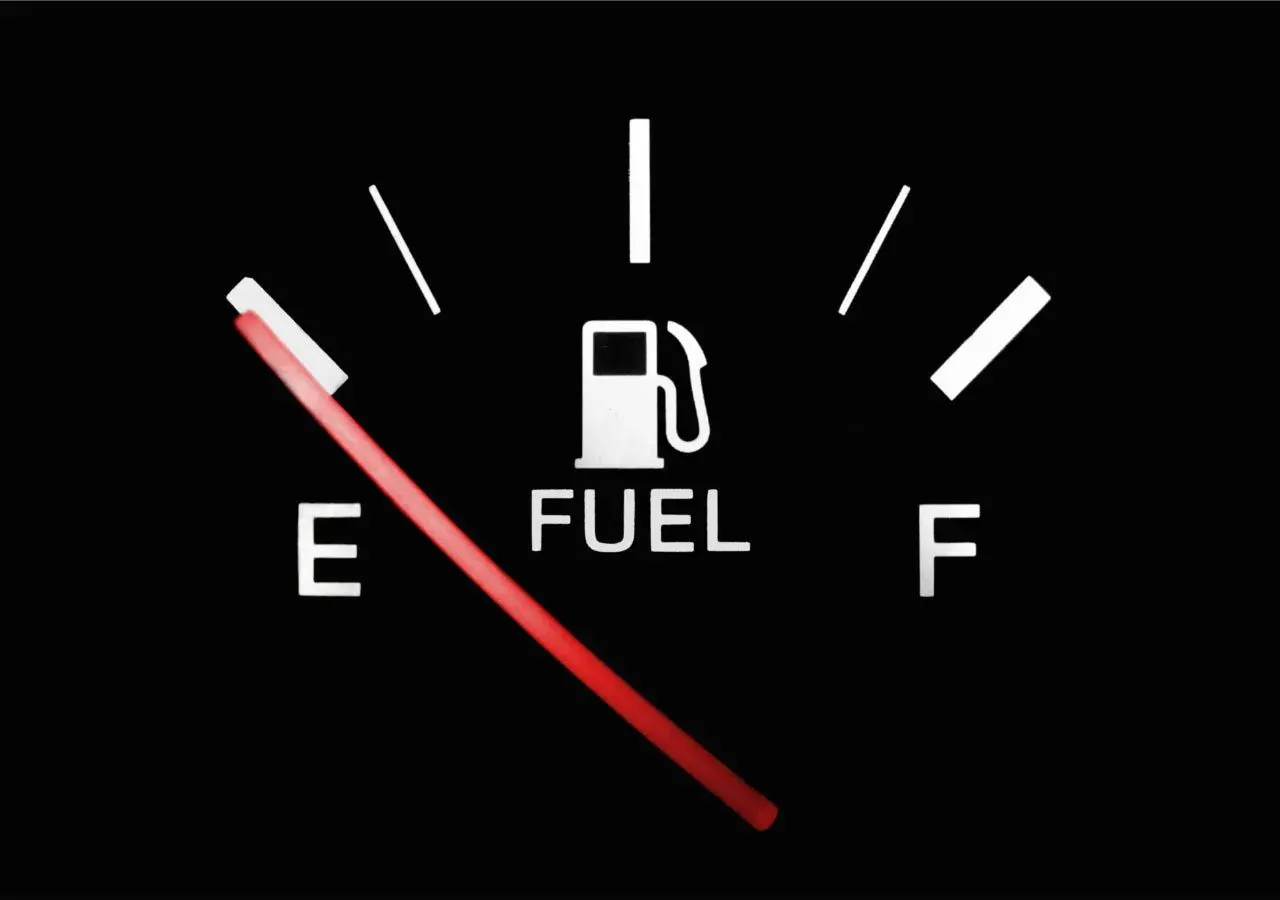We have been seeing a continuous uptick in petrol prices for the past few months. But do you know who has a major say in factors which affect the prices of such fuels? It is OPEC, the Organization for Petroleum Exporting Countries, which decides the oil demand supply policies. It is currently an intergovernmental organisation of 13 countries which includes Algeria, Angola, the Republic of the Congo, Equatorial Guinea, Gabon, Iran, Iraq, Kuwait, Libya, Nigeria, Saudi Arabia, UAE and Venezuela. This organisation has a severe say when there are wars or shortages in crude oil production.

What is Crude oil?
As the name suggests, it is the earliest form which is extracted from the natural reserve, before breaking into separate fuel and gas products.
Reserves were found in the Middle East during the 1930s and most of these reserves fell in the colonies of the British. At the end of the Second World War, the US signed a pact with Saudi Arabia for privileged access to its crude oil.
Plentiful oil reserves made it a better alternative to coal in generating energy, especially in developed countries.
By the end of the 1950s, the price per barrel (nearly 159 litres) of crude oil stood at $3. In order to fight the dominance of Western countries exploiting their reserves, five countries, Iran, Iraq, Kuwait, Saudi Arabia and Venezuela, united to increase the price of crude oil and have a say through a common policy.
The famous oil crisis of the 1970s
A war broke out between Israel and the Arab states of Egypt, Syria and Jordan. And here for the first time, OPEC had a political say by slowing down the production and increasing the prices for Israel's allies, which included most of the western countries. The price per barrel went up to $10.
The economy in these countries was severely hit. But, offshore site exploration in the North Sea by 1975, reduced the above-stated effect to a certain extent.

Middle East political instability in countries like Iran in the late 1970s causes a further cut in oil production, increasing the prices once more to $30 plus per barrel.
Over the next decade, non-OPEC production increased to 70% of the total oil production. Supply and demand started to set the prices. But the Western countries like the US, wanted political stability in these countries to augment the better supply of crude oil, by supplying military power and thus bringing temporary stability.
In 1995, Saudi Arabia with its largest found reserves became the largest producer of crude oil.
But the offshore production still remained profitable compared to onshore. In the late 1990s, 6 oil companies — BP, Chevron, ConocoPhillips, ExxonMobil, Shell and Total Energies, called ‘Oil majors’, emerged.
With the 9/11 incident in 2001, the US decided to move away from its dependence on the Middle East. Countries in Africa like Nigeria have discovered offshore reserves of crude oil.
Also, emerging Asian countries like India and China further pushed the demand for oil. Wall street traders speculating on the crude oil further raised its prices to $100plus per barrel.
By 2010, Venezuela discovers the world’s largest known reserves making it ahead of Saudi Arabia in the reserve capabilities.
In 2011, new technologies made it possible to pump shale oil. Shale oil in loose terms is found in small quantities across various rock beds. This is slightly different in composition from crude oil and derived ss the prices are above 100$ plus by this time, it makes it feasible to produce crude oil from shale reserves, making the US the largest producer ahead of Saudi Arabia.
In order to counter such a rise, Saudi Arabia, through OPEC decreases the price of crude oil, making it unfeasible for shale oil reserves to post profits.
By 2015, there were plenty of reserves available and the demand for crude oil rose to 100mn barrels per day.
In 2020, the International Maritime Organisation imposed drastically reduced sulphur emissions for vessels. This forced most parts of the industry to abandon heavy fuel oil and push up the demand for other types of fuels, thus increasing the prices once again, post the pandemic supply-demand issues.
So yeah, OPEC does have a major say in how their oil gets distributed worldwide and has the power to affect the prices, with the Russia-Ukraine war making things more interesting.
Next time, when you see a huge fluctuation in fuel price while filling up your tank, remember that this issue could be a lot more intertwined than we think it is.

